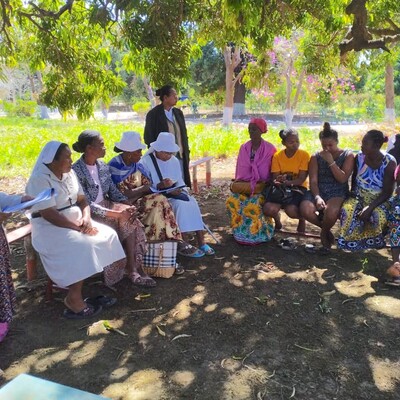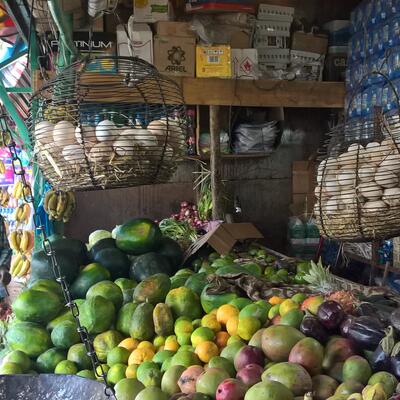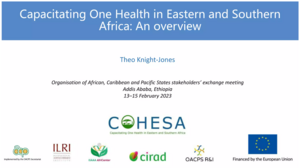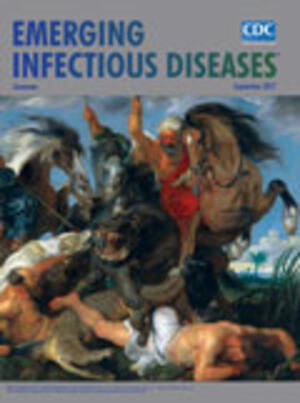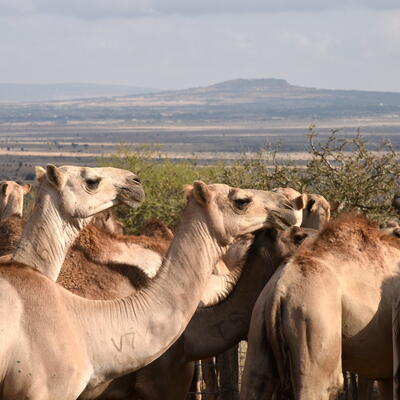
People, animals and their zoonoses
This project, based in western Kenya, deals with zoonotic infections among livestock and the farmers who keep them.
Zoonotic diseases are infections transmitted between animals and humans; they are a major group of pathogens (approximately 60% of all human-infective organisms), with a diversity of animal hosts including wildlife, pets and domestic animals. Domestic livestock (especially cattle and pigs) are an important source of zoonotic infections to humans, due in part to the close interactions between these agricultural animals and the people who keep them.
While keeping domestic stock is an important source of rural livelihoods in many countries, these animals may also expose the families who keep them to disease risks. Understanding the interactions between people and their domestic animals, and the transmission of zoonoses between them, is of vital importance in creating the evidence-based disease control policies that are required to protect both human and animal health.
This project addresses a set of hypotheses relating to endemic, neglected zoonoses in livestock and humans, and the impact of co-factors on the epidemiology of, and burden imposed by, these diseases. The major objectives are to demonstrate a relationship between co-factors and risk of infection, and to investigate whether interventions aimed at co-factors can affect the risk of infection with the zoonoses.






